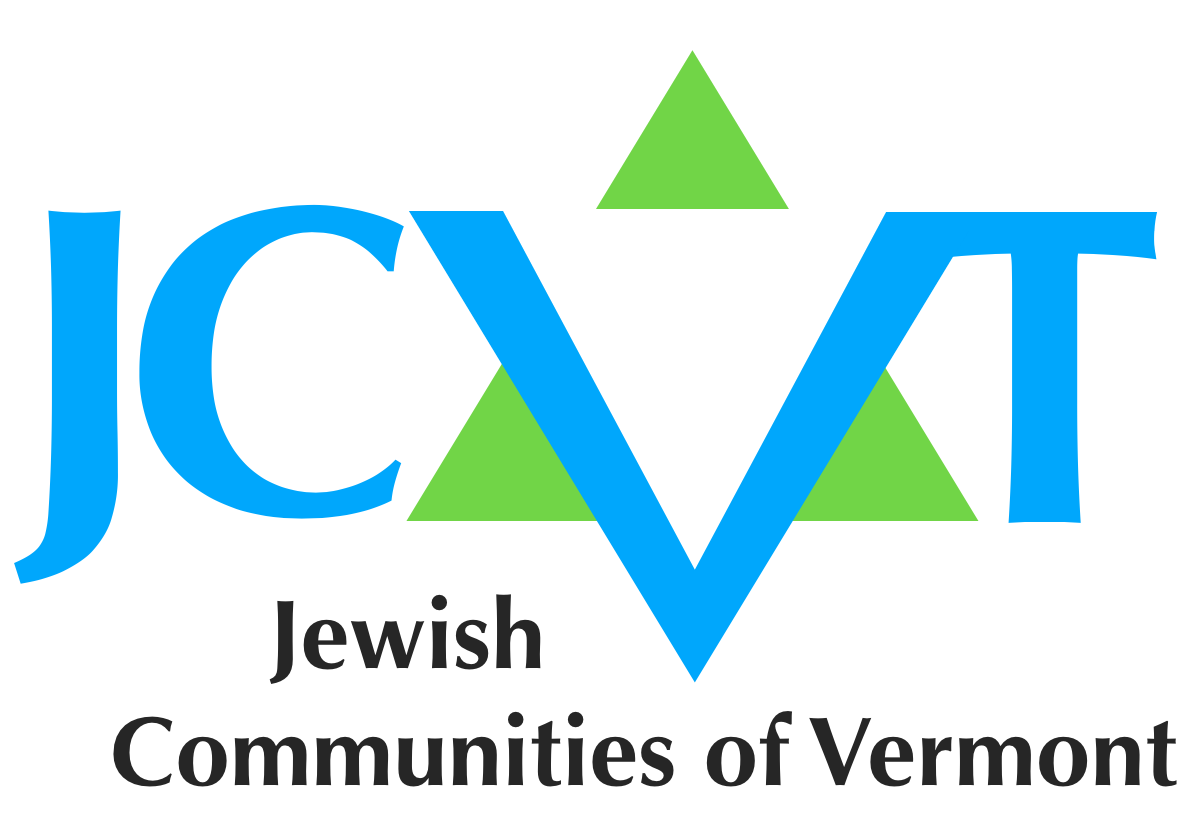Re’eh
Where is the balance point between leaving an old path behind and greeting the new one? What do we destroy and what do we embrace? And is it ever really possible to leave a part of us behind?
This week, in parasha Re'eh/ the command form of the verb, 'to see', we are presented with the plan that we are to destroy the cultic centers that exist in the land we are about to occupy, and set up 'our' cultic centers in their place. This kind of Torah can be read through a variety of lenses: colonialist, triumphalist, and so on. Yet what if we take these instructions and use them to look at our own lives?
To do this, we might ask: What part of my personal edifice needs to be replaced by who I am becoming? What from my past will form the foundations of my future? One of the names of GD is Eheheye asher Eheheye/'I am becoming who I am becoming', or, 'I will be who I will be'. This name of GD appears at the burning bush, when Moses says, Who shall I say sent me, to release the slaves of Egypt? Of all of the names of GD, this one is the most 'verbish' and invites us to see the element of growing out of the past and developing further into the future. What was, shall be. Nothing is lost, but everything is integrated into the new trajectory.
Yet, absurdly, the Torah is asking for something far more profound: DESTROY what came before in order that something new might emerge. And we push back: the past is NEVER destroyed; it is subsumed into what is developing, giving the new paradigm depth and experience, both emotional and intellectual. If I think that I'll be able to tear down my personal 'cultic center', then I will be moving forward in a delusion that my life is able to be fully compartmentalized, where the past never pokes its head into my future.
So what is that balance point? One approach is to honor the present, and to notice what is happening right now. In this way, the past is part of the present which will emerge into the future. In Torah, there are NO verbs conjugated in the present tense: a narrative happened in the past, or something will take place in the future. WE are the present, bringing the currency (like, current!) of our lived experience into the movement from past to future. The present is the pin that holds it all together, and balances what has come before with what will happen later.
When instructed to destroy our past, we are being offered a false model of reality. May we all hold our past, no matter how troubled it might be, or how much pain it might hold, as the foundation of what might emerge. Yes, we can dismantled the edifice that enshrine the past, and rebuild a new model. But we are always moving forward, building on the past. As we head into the contemplative nature of the Holy Days ahead, this principle will offer a better chance at deep, authentic change.
---Rabbi Jan
Parashat Re’eh / פָּרָשַׁת רְאֵה
Deuteronomy 11:26-16:17
D'var Torah: Rabbi Seth Daniel Riemer
Moses instructs our Hebrew ancestors to publicly declare, upon entering Canaan, their commitment to obtain the “blessing” for obeying, and avoid the “curse” for disobeying, God’s commandments. Israelites must obliterate pagan shrines and worship only at a site God will designate. People may eat of their holy sacrifices anywhere provided they drain the blood (one of kashrut’s important stipulations). Provisions must be made to feed Levites, who serve as the sacrificial cult’s administrators. Further elaborating the point about acceptable and unacceptable religious beliefs, the Torah forbids polytheistic beliefs and practices even if they’re embraced by Israelite “prophets”; indeed, Israelites have to kill their own family members who worship foreign gods and to destroy everything belonging to infidels. More dietary rules follow: Kosher mammals chew their cud and have completely cloven hoofs; kosher fish have fins and scales. Characteristically violent, carrion-eating birds are unkosher. Carrion itself is off limits, as are creepy-crawlies. Farmers must tithe their produce and livestock or exchange them for money, bringing the offering to God’s holy precinct for a ritual meal to be eaten there, but reserving some for Levites, strangers, orphans and widows who reside locally. To reduce poverty, one must lend freely and, every seven years, cancel debts owed him by his fellow Israelite. When releasing fellow Israelites from indentured servitude, one must treat them generously but nail their ear to the doorpost and enslave them forever if they refuse to go free. Terms for consecrating firstlings of the flock are explained, rituals for the Pilgrimage Festivals (Passover, Shavuot, Sukkot) outlined.
The three Jewish pilgrimage festivals—Passover, Shavuot, and Sukkot—are based around the agricultural cycle, starting in the spring with the first grain and concluding in the fall with the final harvest.
The Torah commands us to celebrate these holidays with much joy and fanfare, but we are also reminded that an important component of agriculture is to care for the less fortunate. That’s why, along with the various mitzvahs associated with these holidays, the Torah lists several obligations we have to our fellow Jews—especially since holidays are a time that we may prefer to focus on our families and immediate circles.
Only once we’ve given to others and ensured that those of lesser means are able to properly celebrate the holidays and feed their families, can we have a truly joyous holiday ourselves. As the prophet Isaiah promised, “Zion will be redeemed with justice” — by providing for those in need, all of Israel will experience redemption with the coming of Moshiach, may it be very soon!
Shabbat shalom, Rabbi Raskin
